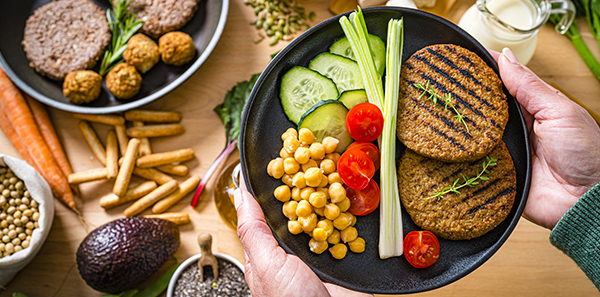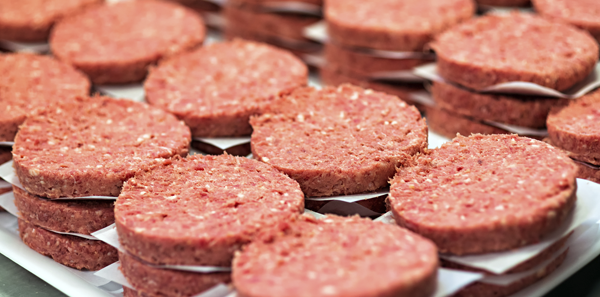
Diet directly influences athletes’ performance, and that is where sports nutritionists come in. They are responsible for ensuring adequate nutrient intake to maximise results.
The objectives are to provide sufficient energy, repair and strengthen tissues, and improve metabolism. However, does this involve following a strict diet or radically eliminating certain foods? We answer the main questions below:
How does diet affect athletic performance?
Nutrition is key, as it provides you with the energy, nutrients and hydration necessary for physical performance, while also promoting recovery and preventing injuries.
Without it, you will experience premature fatigue, poor performance, increased risk of injury, loss of muscle mass and strength, and vitamin and mineral deficiencies, all of which affect recovery.
Are any foods off limits?
No, you just have to know how to choose them and limit certain foods in your daily diet to avoid harming your health. Your diet should be as natural and balanced as possible, enjoying less healthy options occasionally and without feeling guilty.
As with everything, the key is quantity and frequency, especially if your goal is to have a healthy lifestyle or improve athletic performance.
Can I eat carbohydrates?
The answer is yes; in fact, you should. Carbohydrates are your body’s main source of energy and play key roles in metabolism, physical performance and brain function. Instead of banning and stigmatising them, you should learn how to choose and use them to reap their benefits.
Quality and quantity is what matters, depending on your goals and health, and always knowing the difference between complex carbohydrates (those that provide fibre and nutrients: oats, rice, legumes, etc.) and simple carbohydrates (those that are not good for us: industrial baked goods, white sugar, soft drinks, juices, etc.).
It is also very important to understand which types of carbohydrates are most beneficial at different times (for energy, such as dates; for recovery, such as bananas or rice cream; or during training or competition, such as supplements), and which ones are most filling while providing fewer calories (apples, whole grains, pumpkin, etc.).
Why is protein important?
Protein is essential in order for your body to function properly, as it is involved in many physiological processes: build and repair tissues and cells in our bodies, and maintain vital functions. Examples include white fish, turkey, cuttlefish, egg whites, etc., which, in the right amounts, satisfy you.
Therefore, just like carbohydrates, you need to understand how much you need in each case so that you don’t fall short, because this would result in weakness and muscle loss.
On the other hand, unlike carbohydrates, the most important thing is the total daily intake to meet your protein needs, rather than when you eat it. Insufficient intake would lead to muscle loss, hair loss, healing problems, and a weakened immune system.
In short, an athlete’s diet should be based on energy-providing nutrients (carbohydrates and healthy fats), sources of protein, vitamins and minerals, and adequate hydration, as this will determine the success of their training.
D. Juan Delgado
Nutritional Advice
Sports Nutrition












